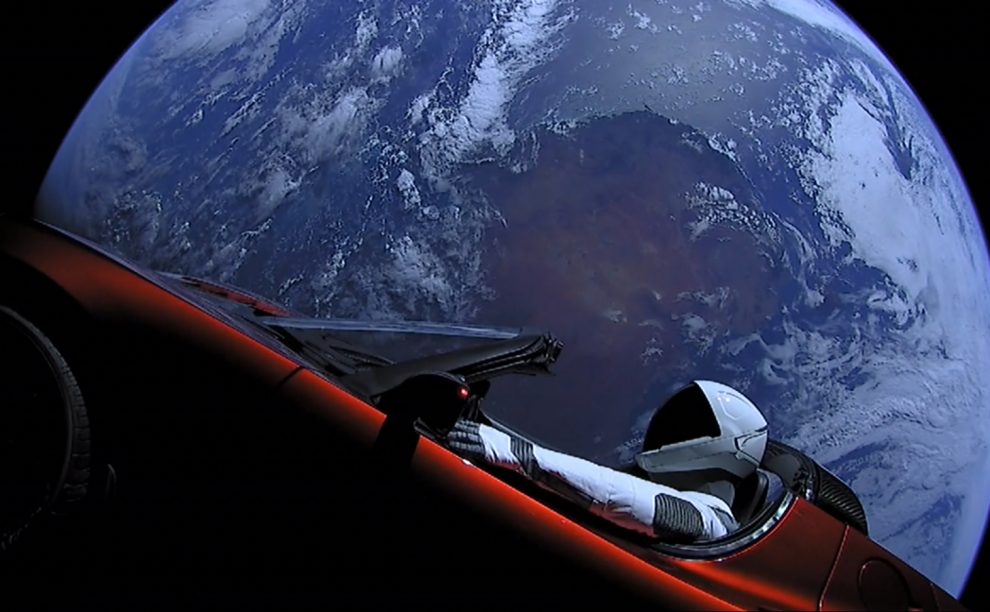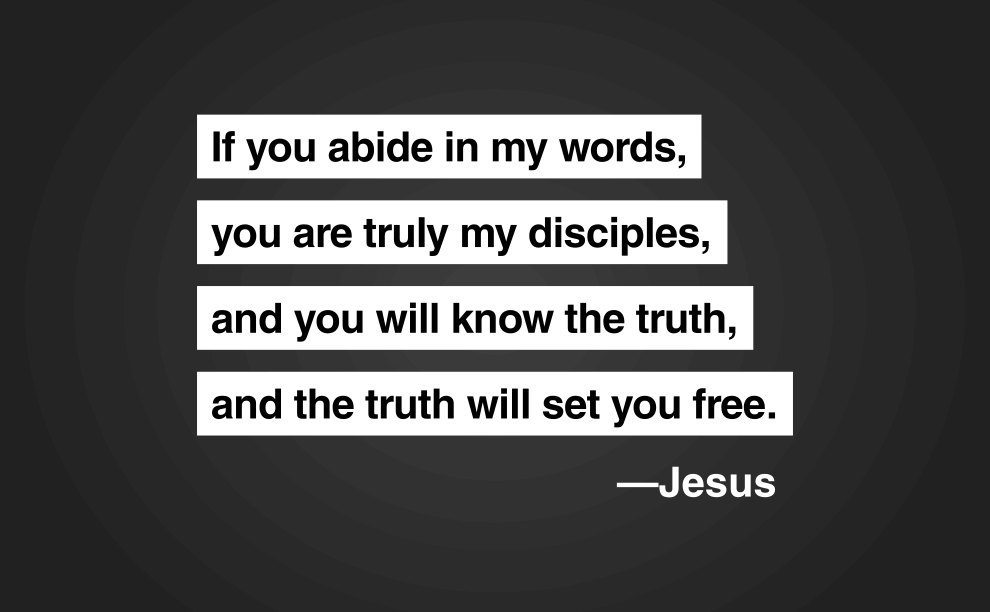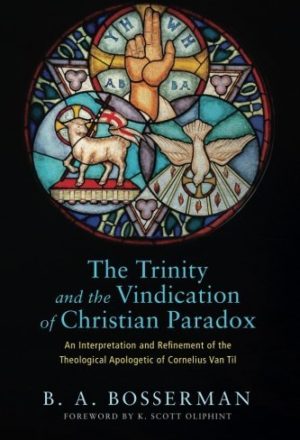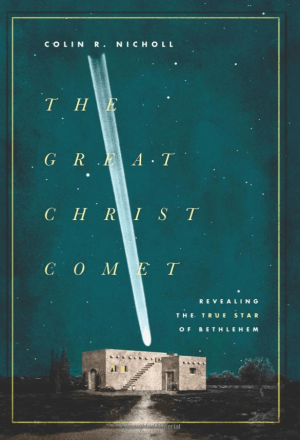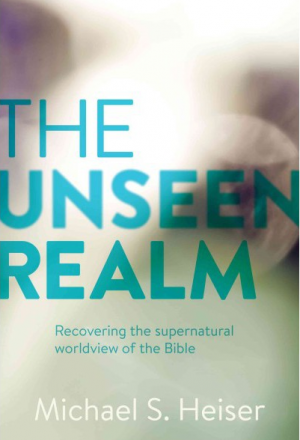Space is: “tingling with anthropomorphic life, dancing, ceremonial, a festival not a machine.” —C. S. Lewis1
“So remember to look up at the stars and not down at your feet. Try to make sense of what you see, and wonder about what makes a universe exist.” —Stephen Hawking2
Empty Space or Populated Heavens?
*This reading experience will be much better if you click this link which will play actual music of planets recorded by NASA.
Elon Musk is driven by the mission to bring human civilization to Mars during his lifetime. If he succeeds we may be living beyond our planet in the near future. Can you imagine flying on a privately made rocket through space? Many of us have picked up the idea that the journey would be a long traverse across a cold, vacuous void. This is reflected in the unimaginative term we have come to prefer for what is out there: space.
As we learn to think about the world the way our Father does, it is helpful to notice that the Bible doesn’t use the word ‘space,’ but rather ‘the heavens.’ This name casts our imagination in a different direction. The way we use the word ‘space’ in other contexts refers basically to emptiness. The idea of the heavens calls out something more “tingling with anthropomorphic life, dancing, ceremonial, a festival not a machine” (Ward).1 While I have called ‘space’ an unimaginative choice, Lewis puts a harsher criticism in the mouth of his hero Ransom in Out of the Silent Planet. While on his way to another planet, Ransom calls the term “a blasphemous libel for this empyrean ocean of radiance in which they swam” (22).3
In his trip through the heavens, Lewis’ fictional Ransom makes several interesting observations that help us re-enchant our imagination about the starry expanse above us. He observes that the light was golden with sharp shadows, and the heat “produced no tendency to drowsiness: rather, intense alacrity. His headache was gone: he felt vigilant, courageous and magnanimous as he had seldom felt on Earth” (19-20).
But he could not fear… The adventure was too high, its circumstance too ‘solemn’, for any emotion, save a severe delight. A nightmare, long engendered in the modern mind by the mythology that follows in the wake of science, was falling off him. He had read of ‘Space’: at the back of his thinking for years had lurked the dismal fancy of the black, cold vacuity, the utter deadness, which was supposed to separate the worlds. He had not known how much it affected him till now — now that the very name ‘Space’ seemed a blasphemous libel for this empyrean ocean of radiance in which they swam. He could not call it ‘dead;’ he felt life pouring into him from it every moment. How indeed should it be otherwise, since out of this ocean the worlds and all their life had come? He had thought it barren; he saw now that it was the womb of worlds, whose blazing and innumerable offspring looked down nightly even upon the Earth with so many eyes — and here, with how many more! No: Space was the wrong name. Older thinkers had been wiser when they named it simply the heavens — the heavens which declared the glory. (Lewis, 22-23)
What Populates the Heavens
The words of Lewis are powerful, but are they true? On what basis does he imagine the heavens to be brimming with light and life? Light is easy.
And God said, ‘Let there be lights in the expanse of the heavens to separate the day from the night. And let them be for signs and for seasons, and for days and years, and let them be lights in the expanse of the heavens to give light upon the earth.” And it was so. And God made the two great lights—the greater light to rule the day and the lesser light to rule the night—and the stars. And God set them in the expanse of the heavens to give light on the earth, to rule over the day and over the night, and to separate the light from the darkness. And God saw that it was good. (ESV, Gen 1.14-18)4
This really isn’t controversial. Everyone knows there are lights in the heavens. Perhaps it provides a helpful tweak to our imagination in seeing space as lit. But why does it say the lights rule; one over the day and the other over the night? This is where we press our imaginations a bit further. According to the Bible, the heavens are full of wonderful beings, and those beings are connected to the lights.
For who in the skies can be compared to the Lord?
Who among the heavenly beings is like the Lord,
a God greatly to be feared in the council of the holy ones,
and awesome above all who are around him? (Ps 89.6-7, bold mine)
If you follow the Hebrew parallelism you notice that there are heavenly beings in the skies. Or listen to Job.
On what were its (the earth) bases sunk,
or who laid its cornerstone,
when the morning stars sang together
and all the sons of God shouted for joy? (Job 38.6–7, bold mine)
Morning stars were singing and sons of God shouting at the creation of the earth. Who are they, and what did their shout sound like? What key was their song in?
The kings came, they fought;
then fought the kings of Canaan,
at Taanach, by the waters of Megiddo;
they got no spoils of silver.
From heaven the stars fought,
from their courses they fought against Sisera. (Jdg. 5.19–20, bold mine)
Stars fought against Sisera from heaven. They fought from their courses, or paths. That is, from their paths across the expanse of heaven. Are these merely poetic images? Poetic images of what? We know that angels do battle in the heavens, one tells Daniel about a battle he and Michael had with the prince of Persia. Is it a difficult stretch to imagine that an angel is made of fire? That is what Hebrews 1:7 seems to suggest, “Of the angels he says, ‘He makes his angels winds, and his ministers a flame of fire.” Because of our Enlightenment perspective, we think the wise men followed the star to Jesus by means of some weird mathematical triangulation. Can you imagine following a star to a specific house? It seems like it needed to come down to guide them.
This is how Lewis viewed the heavens, a perspective he had picked up in his studies of pre-modern, medieval literature, a time when everyone viewed the heavens through the lens of the Bible. In The Voyage of the Dawn Treader, he has the children talk to a star at rest named Ramandu who is growing young again to return to “tread the great dance…In our world, said Eustace, ‘a star is a huge ball of flaming gas.’ ‘Even in your world, my son, that is not what a star is but only what it is made of.’” (226)5
As Lewis helps illustrate, none of this is in opposition to modern science nor a denigration of the incredible advances it has brought us in our knowledge of the heavens. We can now look at pictures of nebulae while listening to the music of the planets. We may soon be able to board a rocket to Mars. What I am advocating is not the rejection of the scientific perspective on the heavens, but a recognition that the scientific perspective is not the only one, nor does it tell the whole story. We have greater need of integrating the truths we read in God’s Bible with the truths we discover in God’s world. Sadly, too often people trained at the feet of modernists have been made to feel they have to choose. The resulting vacuum of a solely modernist view of space is doing what vacuums always do, it is seeking fullness.
Experiencing It
Twenty three years after Lewis published these ideas in Out of the Silent Planet, the first man went into space. What have we found up there? Was Lewis’ imagination, informed by the Bible and a Medieval cosmology, accurate?
There are two things that are particularly worth noting in this regard. First is what is called “The Overview Effect.” The short story about the Overview Effect is that going into space has this interesting tendency to turn astronauts into mystics. They have a profound experience up there that they cannot fully explain but which transforms them forever in a profoundly spiritual way. Listen to this description of Edgar Mitchell’s experience during his Apollo trip to the moon, “Suddenly, everything he thought he knew seemed grossly wrong. He had, many years earlier, set aside the religious views with which he had been raised, considering them the leftover attempts of prescientific people to understand their existence. But the vision of reality that had come to occupy his mind since then, a purely scientific view, was also now shattered by what he saw… looking out at the cosmos from space, he did not so much understand a new vision of reality as feel it” (Volk, 154). He describes what he experienced as “an ecstasy of unity,” saying that “Knowledge occurred to him in an instant, he felt, and since then he has endeavored to use the means of science and logic to verify what he learned” (155,156). The website he founded later in life to carry out this pursuit quotes him as saying, “The presence of divinity became almost palpable, and I knew that life in the universe was not just an accident based on random processes…The knowledge came to me directly” (IONS). And lest you are inclined to distrust Mitchell, a PHD from MIT, notice that many other astronauts have recounted similar experiences. “Author Frank White…interviewed thirty astronauts about the life-altering view from space… His book details several fundamental shifts in their thinking, all redolent of Mitchell’s ‘ecstasy of unity’ and the idea of intuitive knowing” (161).
In a different realm of science, Quantum physics has been finding that the apparently empty void of space is not empty at all. I won’t go too much into this because I am way over my head, but they are claiming that the latest science is demonstrating the empty space is filled with what they call dark energy and quantum particles that appear and disappear randomly. The dark energy supposedly contains more energy than is in all the known universe. I am far from an expert on quantum physics, and the more I read about it, the less I think I understand. I am not able to weigh the accuracy of these findings, and quantum physics is still filled with speculation, but it is interesting to note that there are strange energies in the heavens.
Engaging The Fullness
What is the significance of all this? What do we do with it? I think first, we stand in wonder. When you look up, don’t just see empty space, see lively heavens, and imagine the music of the spheres. Go outside more and look up at the stars in wonder. Embrace the glory of the Biblical view of the heavens with a renewed confidence and awe. And when you look up at the night sky, see the moon ruling over the night, see the stars in their courses as more than mere balls of flaming gas. And as you look in wonder, know that Jesus has ascended above them all and has thrown all the dark forces down from the heavens, so that all that is left up there are angels doing the work of Christ the King. Rest in the profound reality that Jesus Christ is seated on his throne up there, and in a very real and mystical sense, all those who are in him by faith sit there with him until all the nations bow before his kingdom of light. Then say a prayer that it may be on earth as it is in heaven.





